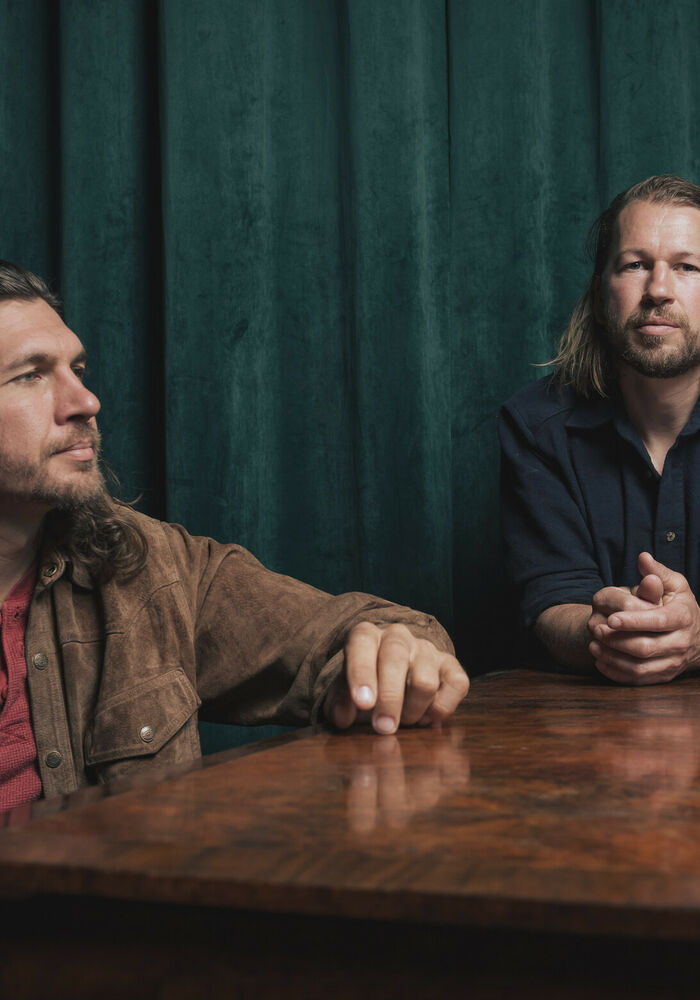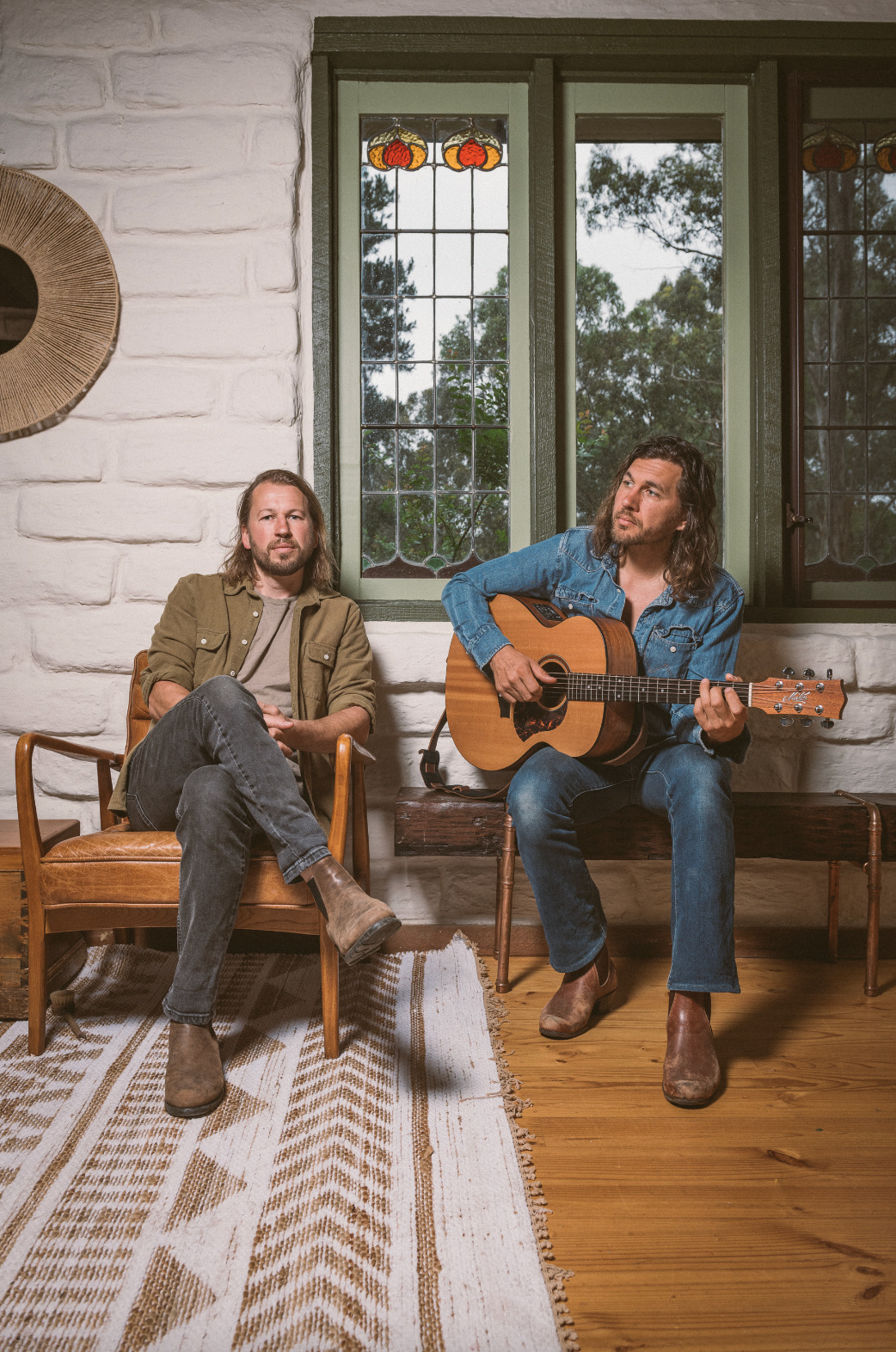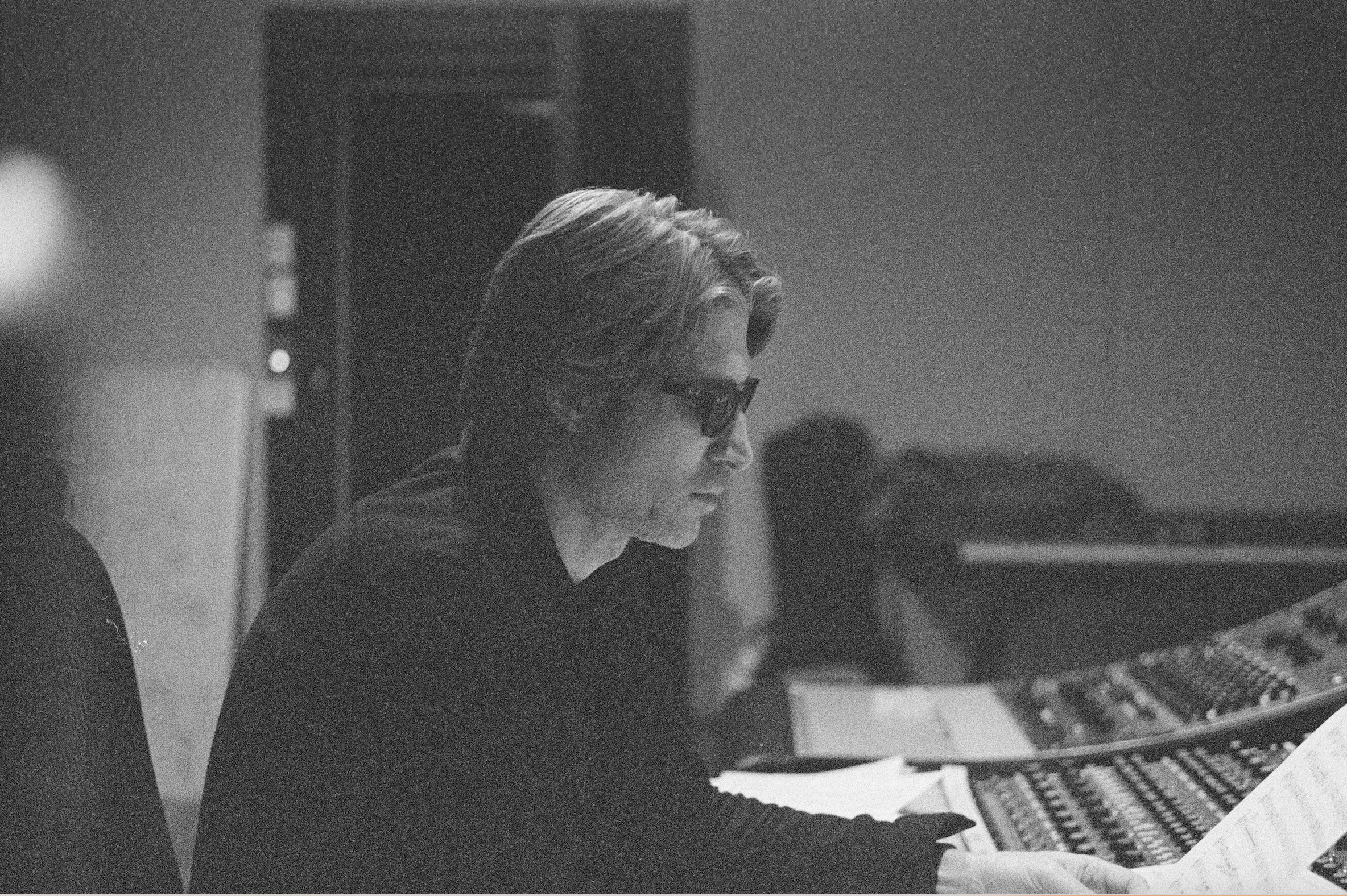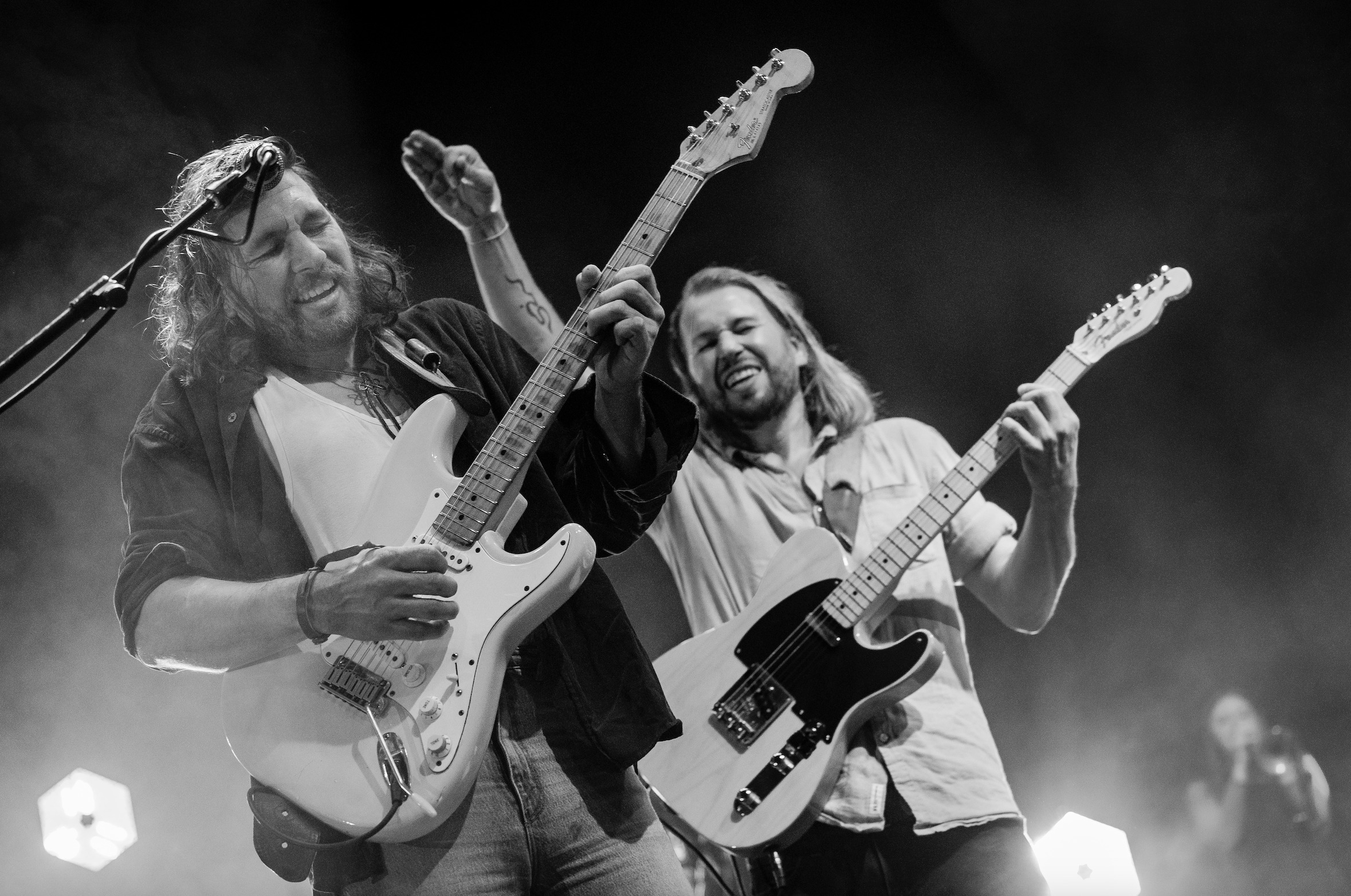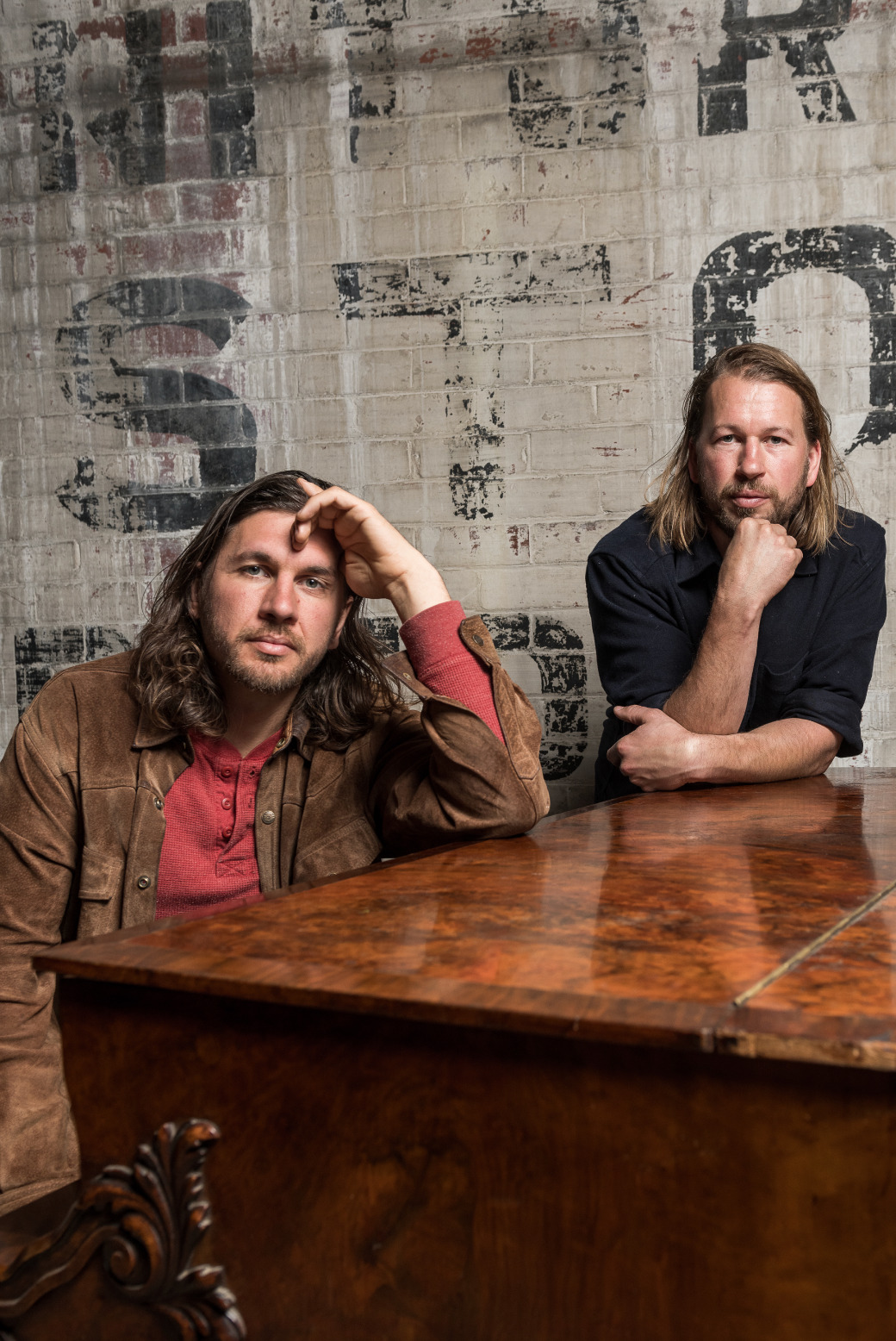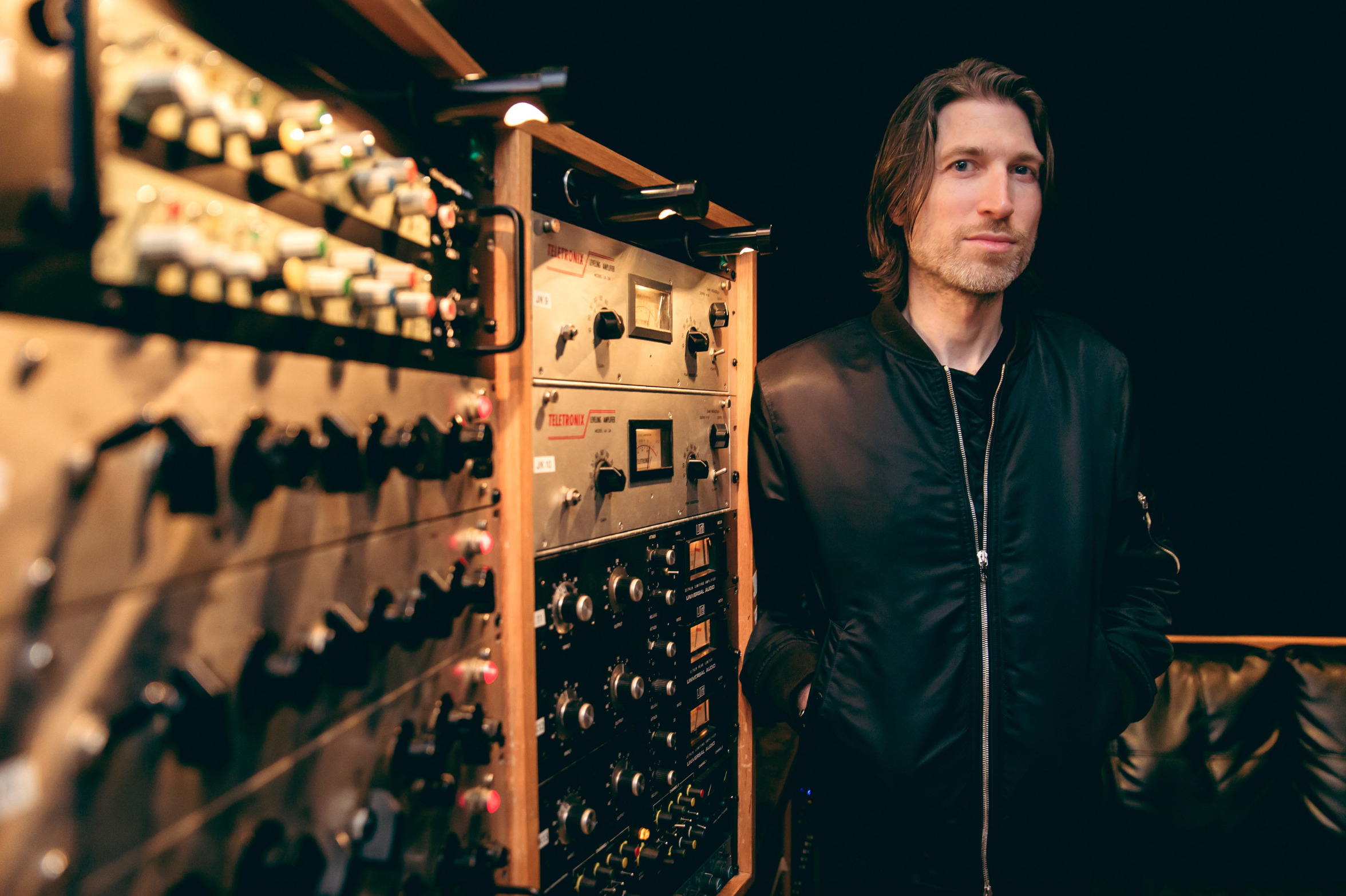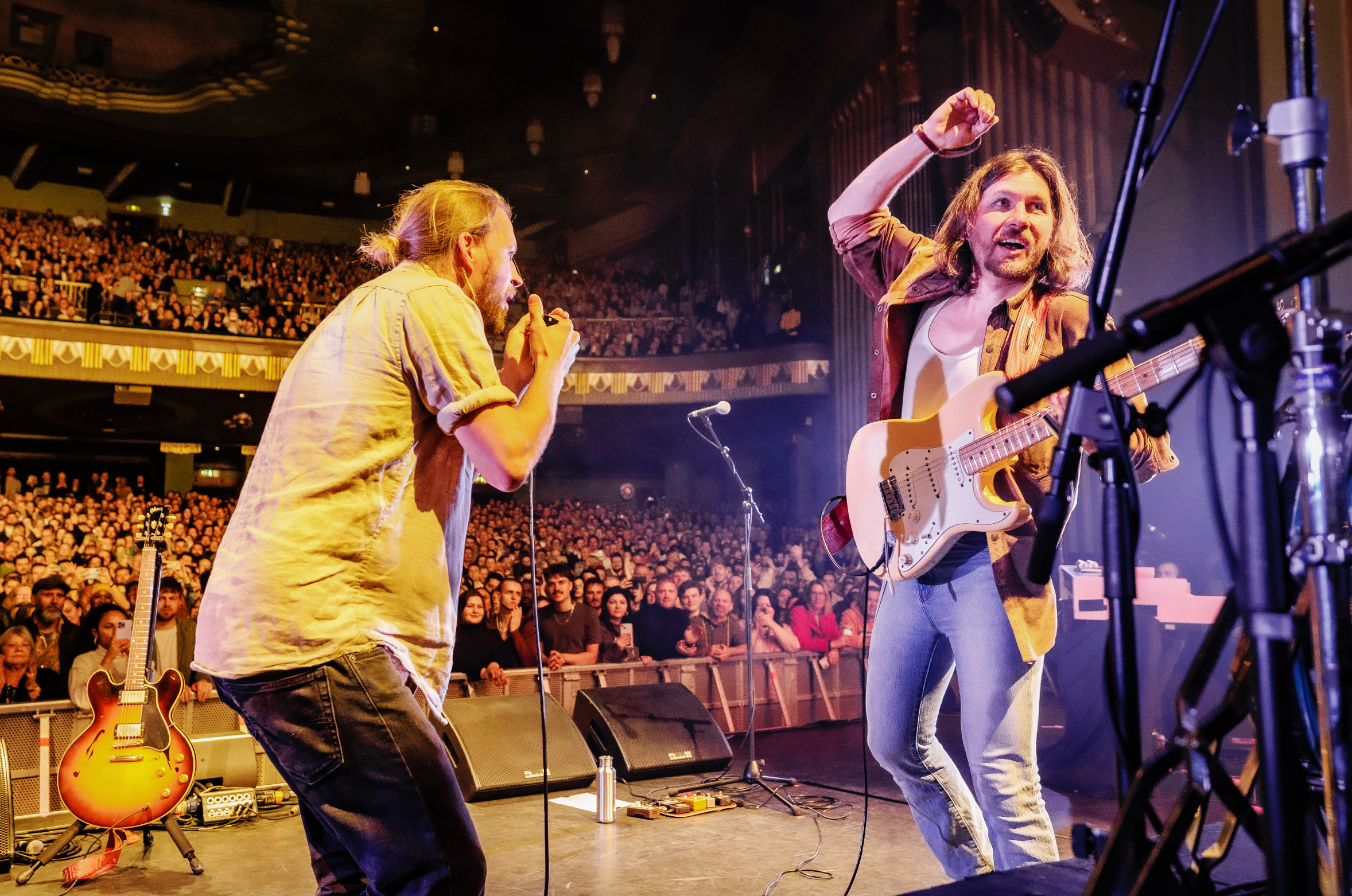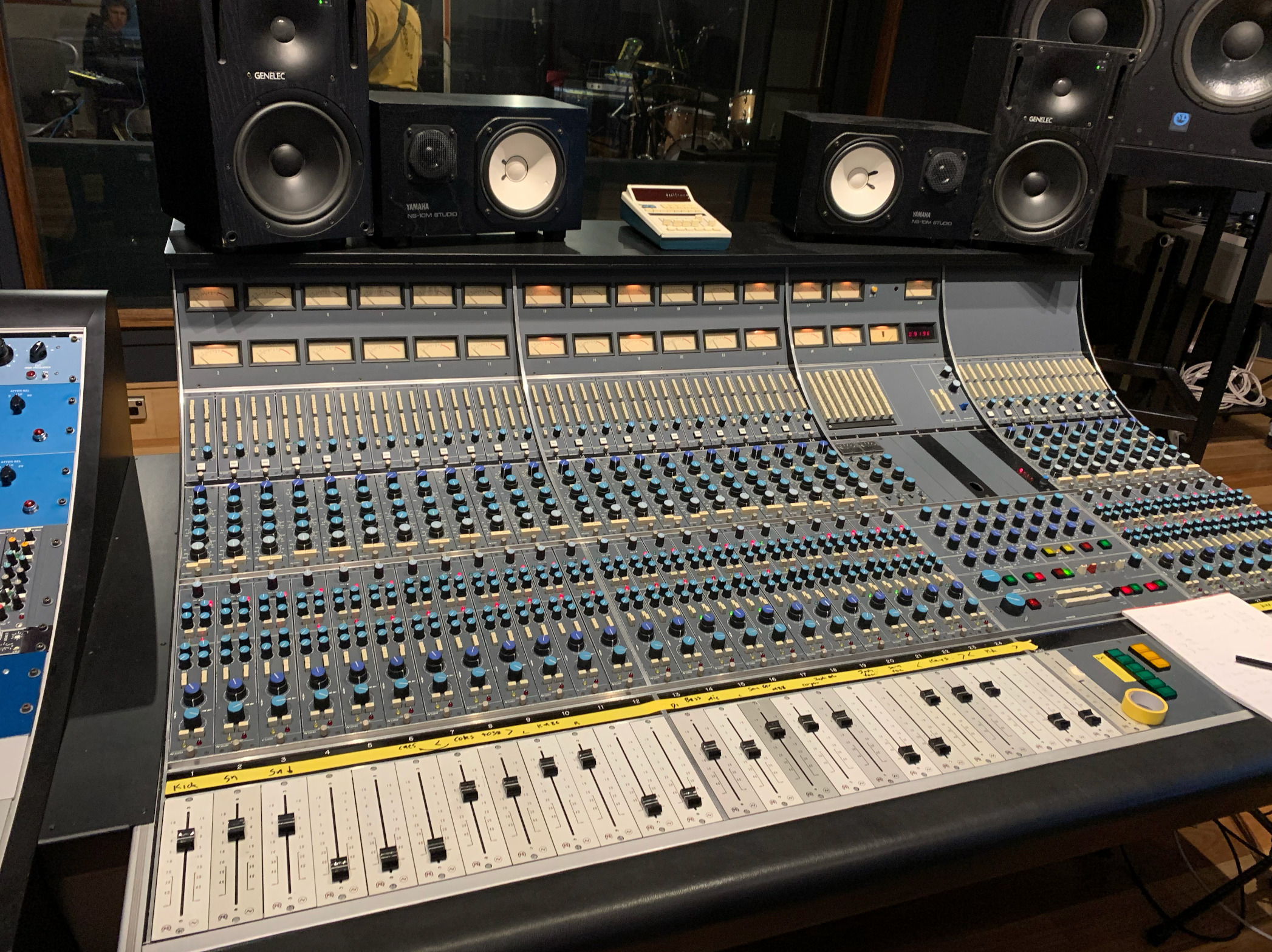The Teskey Brothers’ highly anticipated new studio album, The Winding Way is out on Friday June 16. Four years after their globe-conquering second LP, Run Home Slow, which followed their debut LP Half Mile Harvest, the artistic vision of vocalist Josh Teskey and his brother, guitarist and engineer Sam Teskey is more defined than ever, with the brothers drafting in honourary Teskey Brother Eric J Dubowsky to take on production duties for this project.
With the closure of their beloved Half Mile Harvest Studios in Warrandyte Australia (where they recorded their first two studio albums), on The Winding Way the brothers made a conscious decision to try something different and headed to Sydney to record with Dubowsky, known for working with acts including Flume, Chet Faker and The Chemical Brothers.
With four singles released from the album to date, The Teskey Brothers have so far teased a record that is more adventurous than their previous efforts. If Half Mile Harvest was the aural equivalent of the sun rising hopefully in the morning, and Run Home Slow was savouring a whiskey in a great bar, then The Winding Way is a comforting fireplace, a warm escape from the cold and a full circle return to the magic of where it all started: two brothers bonding over their pure love of soul, while taking more risks than ever before.
Halfway through their world tour, Sam joins Headliner from Oslo, while Eric joins from his studio in Sydney to discuss the making of The Winding Way.
